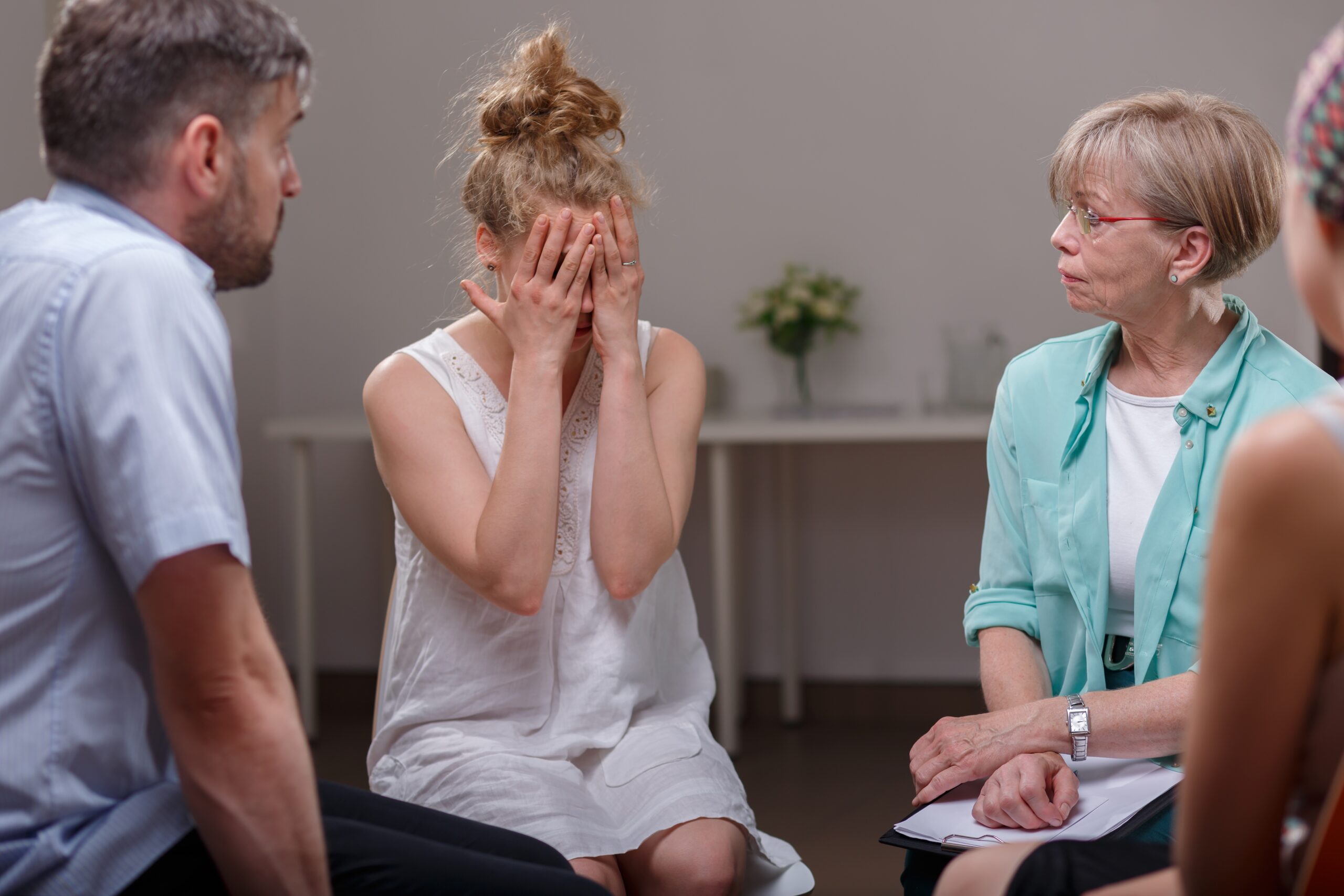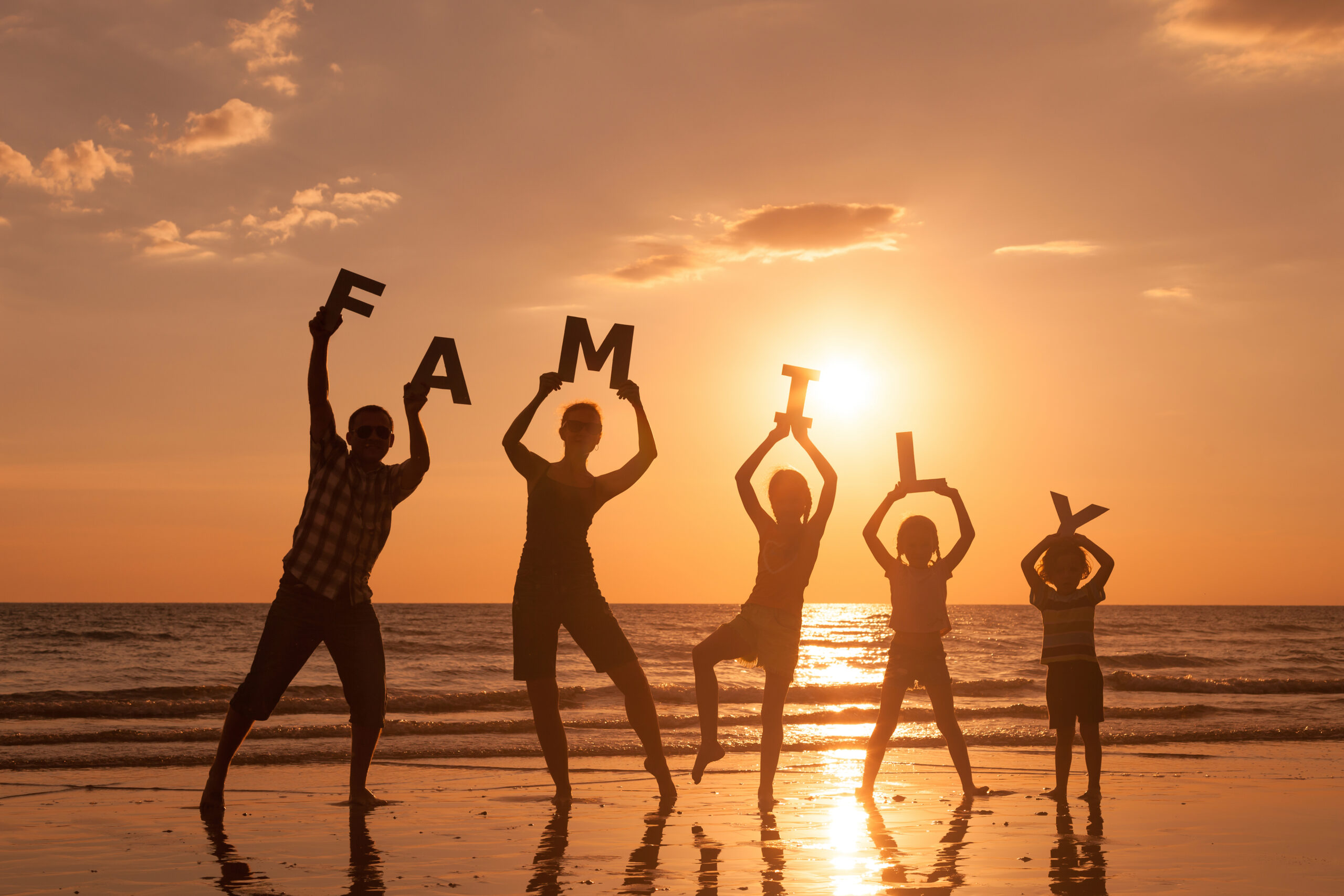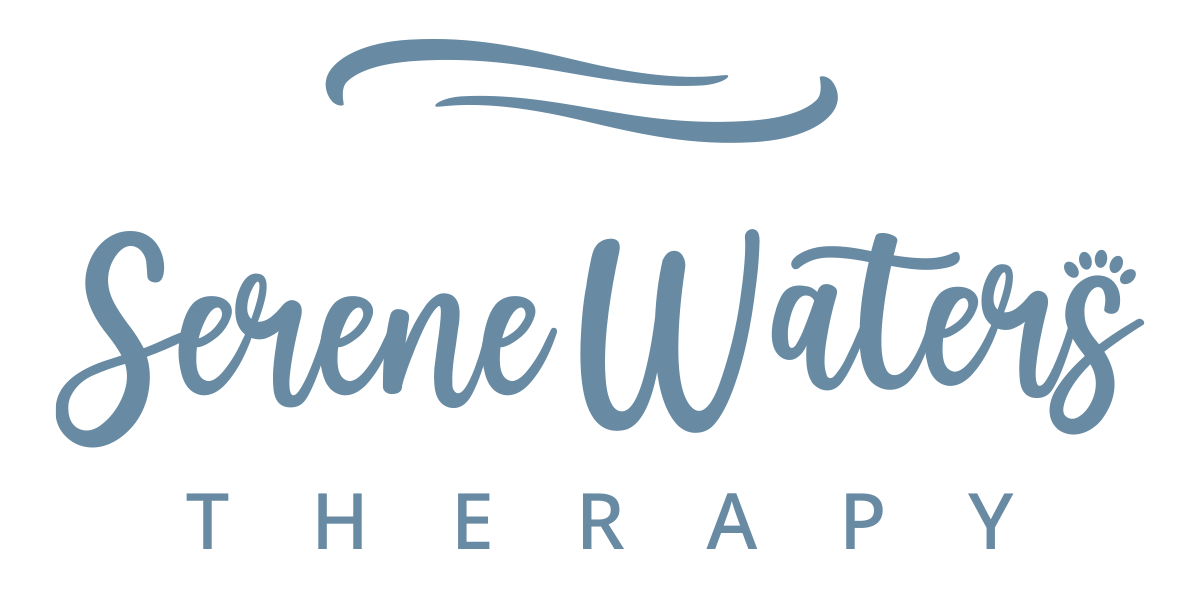
We can all struggle with relationships from time to time. Sometimes, we get stuck in a bad situation and don’t know how to fix it. We may even be told that we “are the problem.” It could be with a boss or co-worker, a family member, a partner, a partner’s family, or even a friend. When a relationship makes us feel bad more than it makes us feel good, that’s a warning sign that something is off. We may need help to see what’s happening.
Toxic relationships and narcissistic abuse are all over the internet. The truth is many relationships are simply unhealthy. We can unknowingly get into bad patterns, sometimes entering relationships with similar behaviors patterns. Or we may enter families or blended families where dysfunction is the norm. Here are some common red flags to watch for:
- Your feelings/needs/wants are ignored or dismissed.
- You may no longer feel safe sharing your feelings/wants/needs.
- They may not respect your boundaries, or you may not be comfortable setting any.
- You are treated like a scapegoat – everything is always your fault.
- Everyone is expected to make one individual happy, at the expense of everyone else.
- If you object to their poor behavior, they turn it around and make you the “bad guy” for pointing out their poor behavior. It becomes about your reaction – not their behavior.
- You and your children may be treated differently, harshly, or made to feel you don’t matter.
- Someone else may take credit for what you do yet undermine you to others.
- They may tell say you are “oversensitive” “exaggerating” or deny things happened at all.
- And many other behaviors that leave you hurt, sad, confused, and angry.
Help is available. You don’t have to stay stuck and confused, wondering if you are doing something wrong. We can help you make sense of it all and move towards healing.
Relationship Counselling

Toxic relationships have very specific patterns, including blaming you because the relationship makes you feel bad. This just creates more confusion and doubt, and depending upon the level of dysfunction or abuse, a trauma bond may even form making it even harder to seek help. It’s important to know this is not unusual. What you are feeling is common when you are experiencing a bad relationship.
The good news is that many relationships develop these patterns unwittingly. There are some who are willing and happy to change them, when they realize their impact, and they are taught new skills for better, healthier behaviors. The bad news is that not everyone is willing or ready to do things differently. But this doesn’t mean that you must stay stuck. We have helped others recognize their negative patterns and replace them with new behaviors that worked for the relationship. We have also worked with individuals to help them understand the patterns and heal as they moved on. They learn to recognize the red flags so they can finally find the relationship they truly want and deserve.
When disengaging from a difficult relationship with a co-parent when you have children, it is important to protect yourself and your child. There are various strategies to keep you safe and minimize stress for your children. Knowing what to do and how to do it, can make a huge difference in your level of stress. We can help you develop sound strategies for today and tomorrow.
We all need connection with others. In our desire for connection, we sometimes find ourselves in difficult relationships. We may never have been taught the difference between healthy and unhealthy relationships. We can’t know what we were never taught. But we can learn so we can move forward to a better tomorrow. You deserve to enjoy a life full of rewarding, loving, fulfilling relationships that encourage you to thrive in life!
References
Learn more at the Internal Family Systems Institute and the Government of Canada About Family Violence page.
Are you in an abusive relationship? View the warning signs of an abusive relationship.
Visit psychology today to read their article on how to spot narcissistic abuse.
Need shelter from your abusive partner, visit Domestic Shelters for help.
